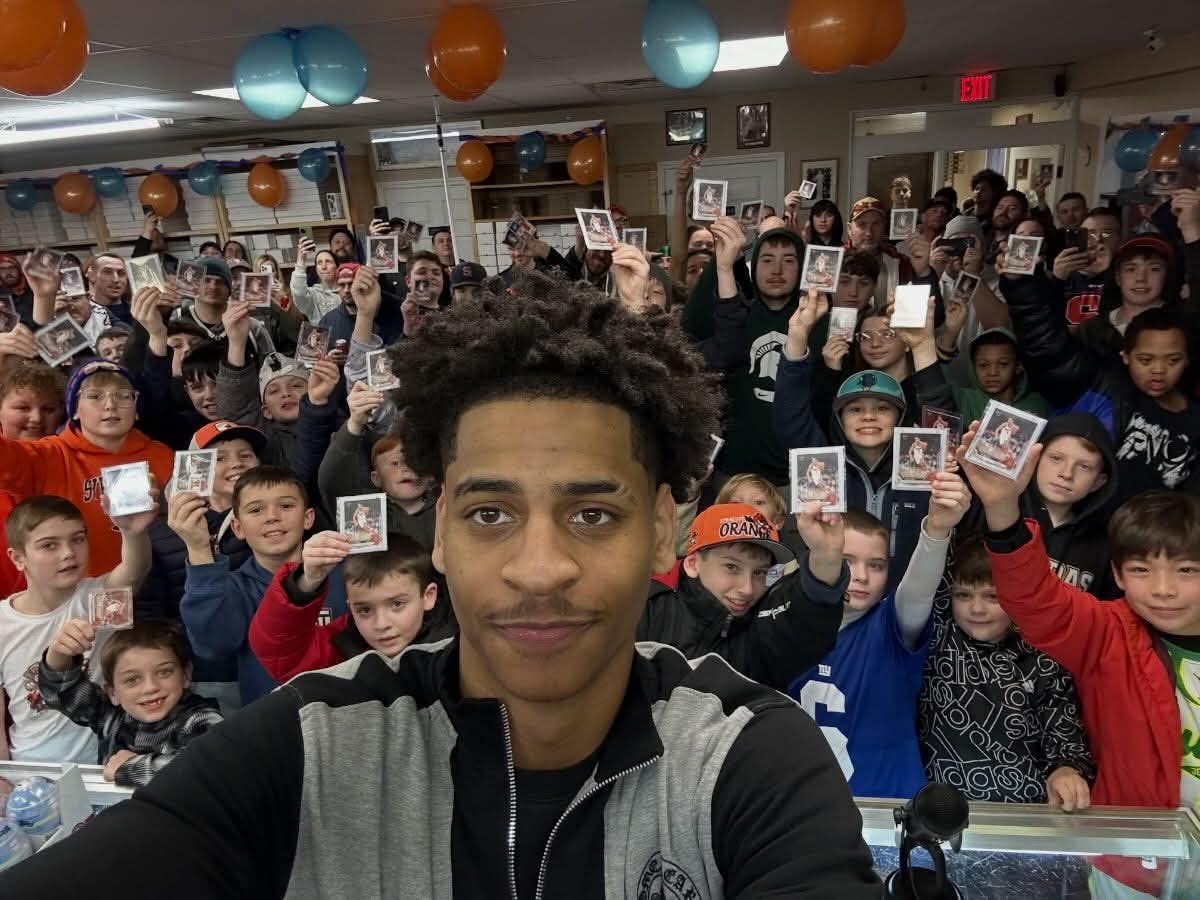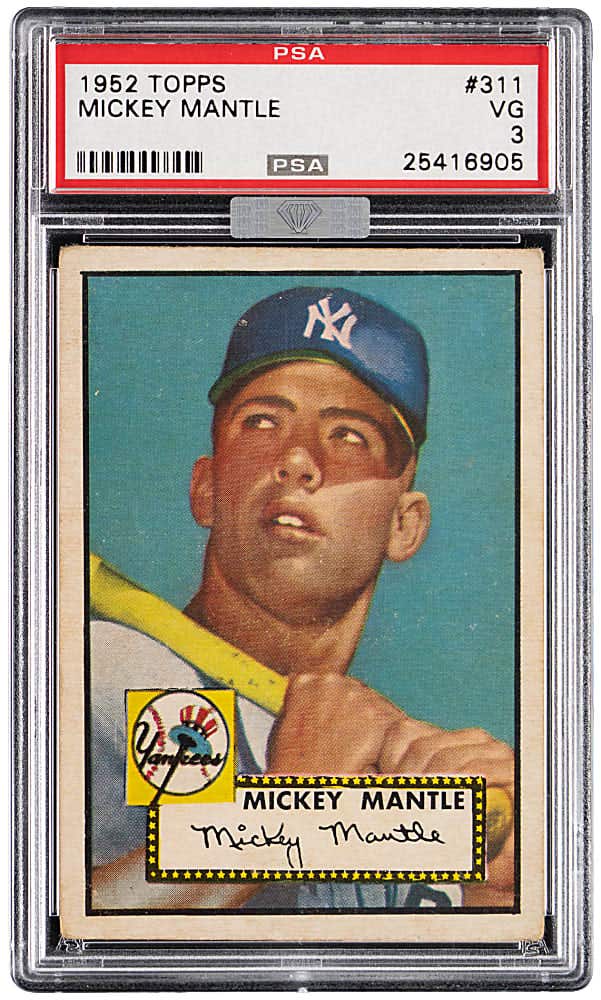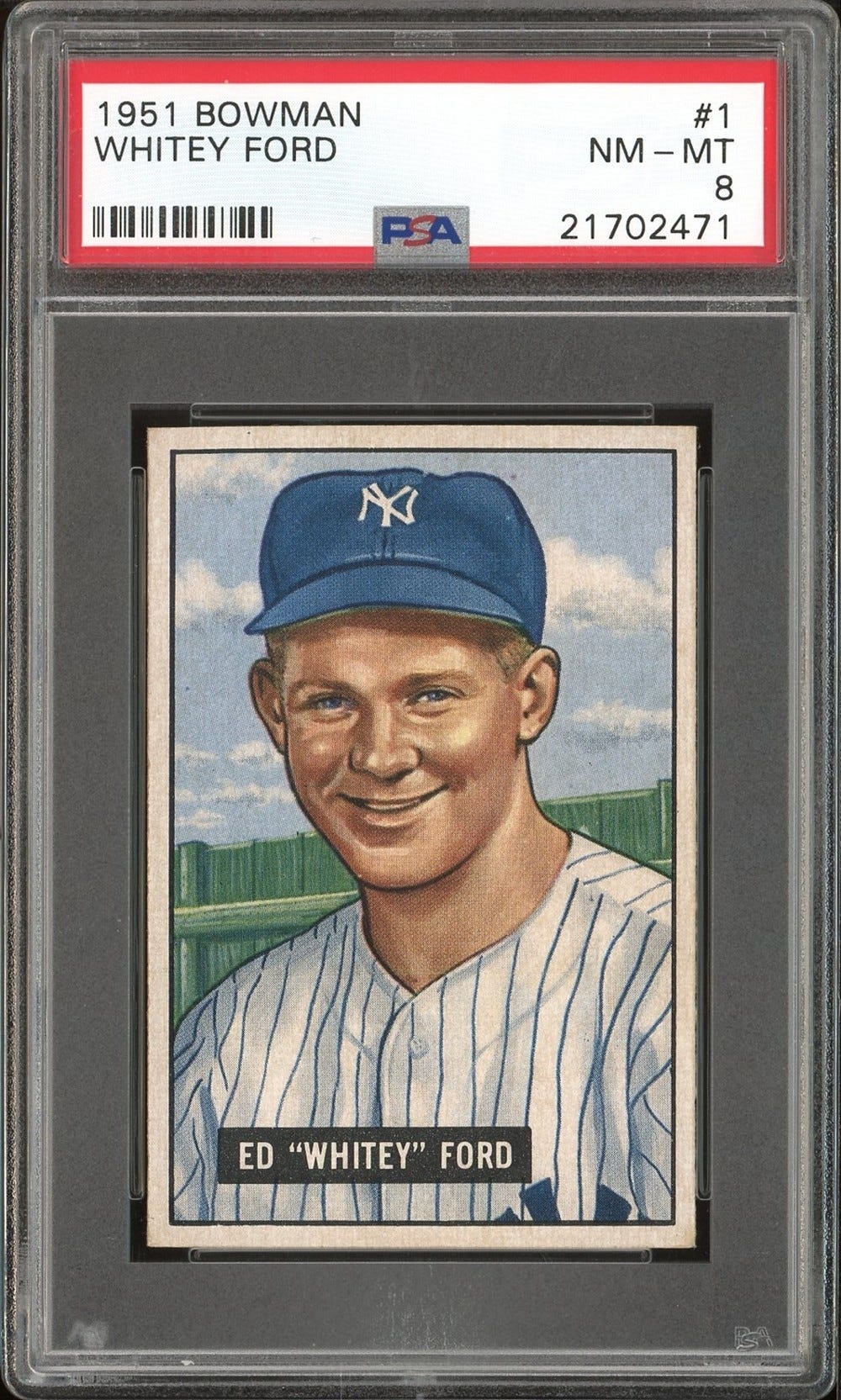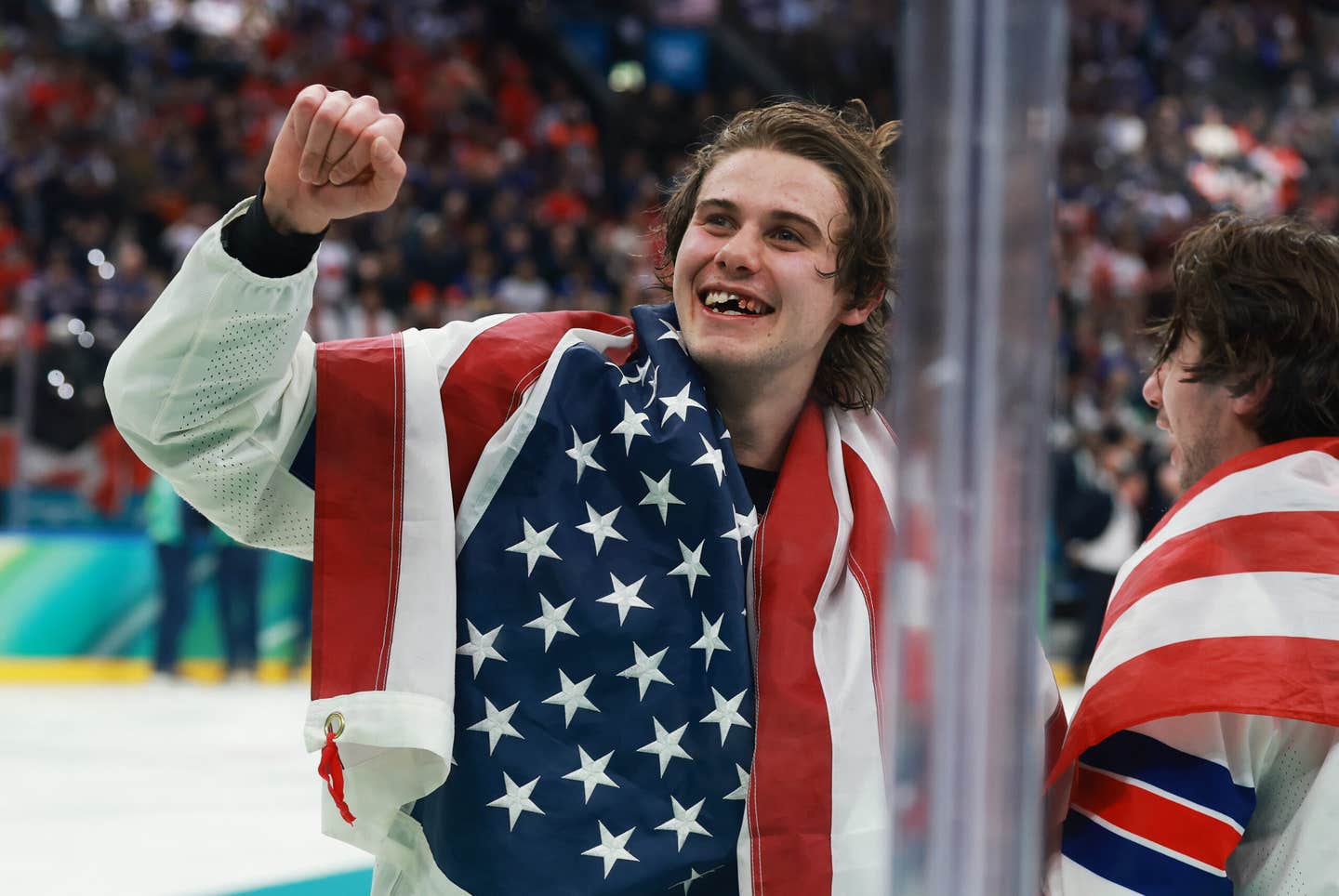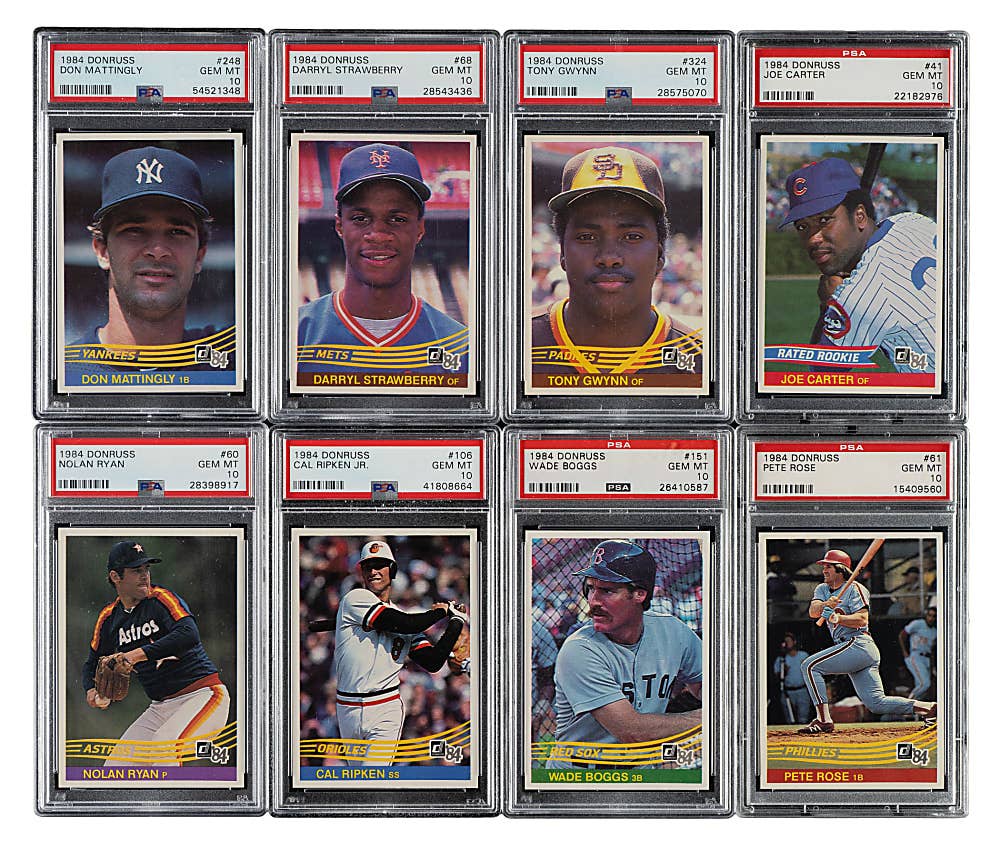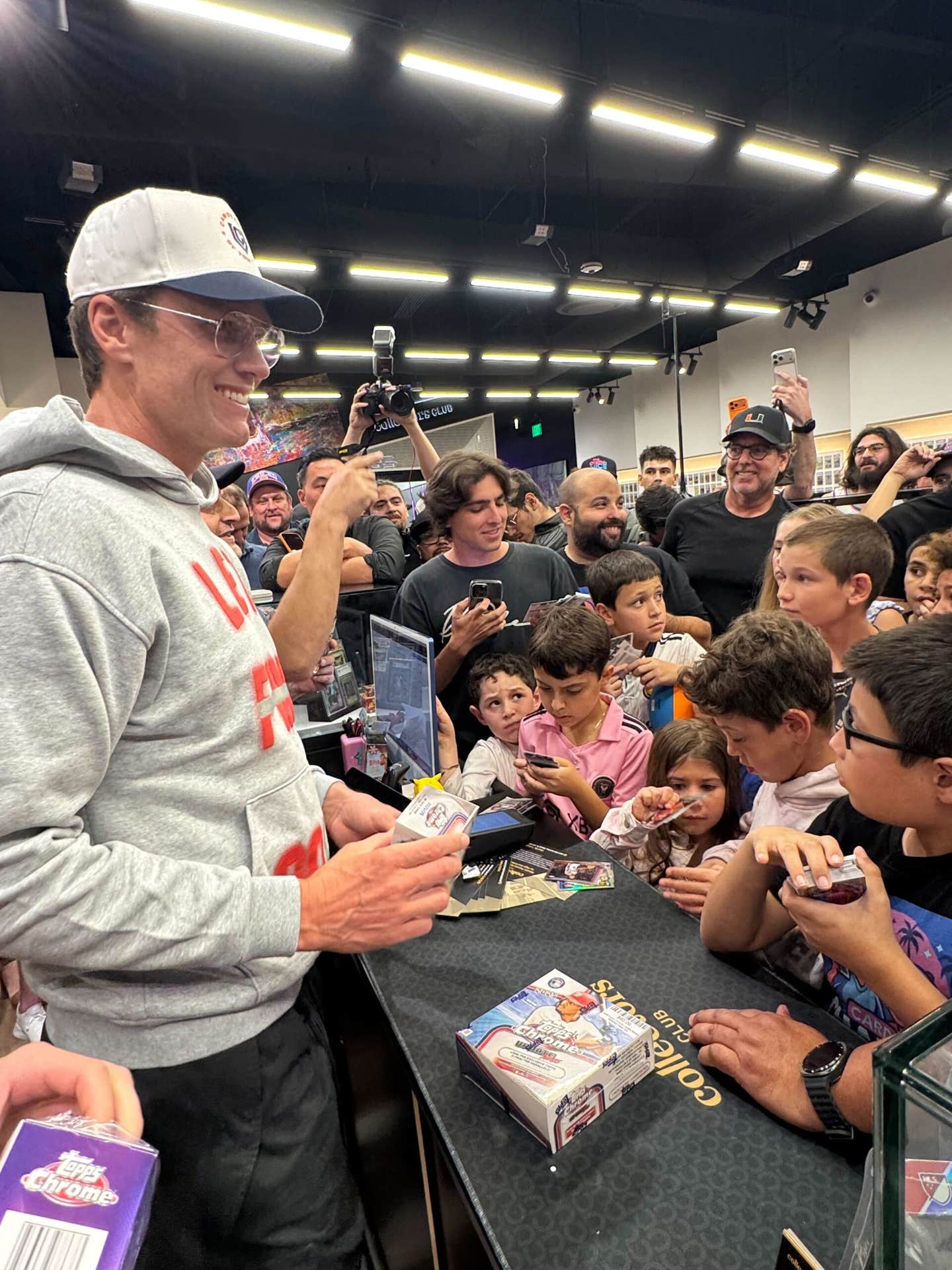Cards
‘The Wizard’ was wonderful for ’82 Cards
Ozzie Smith won 13 straight Gold Gloves, has a plaque in the Baseball Hall of Fame and possesses numerous autographs from fellow greats of the game.
When it comes to memorabilia and collectibles, nothing compares with his 1982 World Series ring, not so much for monetary value, but for what it represents in terms of hard work, sweat and toil by a dedicated, highly talented group of individuals.
This fall, memories of that season hold extra meaning for Smith as the Cardinals celebrate the 25th anniversary of their Fall Classic victory over the Milwaukee Brewers.
"It's that thing that you battle and you fight for with 25 guys," Ozzie said of his ring. "It's a special memento that nobody will be able to take away from you. It's something that you were able to accomplish as a team. Yeah, we all make money and all that stuff, but the money doesn't mean as much as when you slide that ring on and say, 'One particular year, we were the best at what we did.'
"There's nothing like it."
As a kid growing up near Los Angeles, Smith put baseball cards in the spokes of his bicycle to make loud noises like a motorcycle. That was the cool thing to do. Today, of course, he'd love to have back those cards of his boyhood heroes from the 1950s and '60s, because their collective net worth has multiplied many times over.
It wasn't until he reached the big leagues and gained star status of his own that the 15-time All-Star began seeking things out from other top players.
"We always exchanged bats and balls at the All-Star game where you'd have everybody sign them," he said. "I have collected some things through the years now, mostly baseballs and bats, but it wasn't something that I started out doing.
"I have boxing gloves from George Foreman and a set of shorts from Muhammad Ali."
For the most part, however, Smith spent all his time perfecting skills that earned him the nickname "Wizard of Oz," in recognition of his stature as probably baseball's greatest defensive shortstop ever.
"I was into doing my job every day," he said. "If you're doing your job every day, those other things come along. My job was to go out there and play shortstop consistently every day, and that's what I concentrated on."
Originally a San Diego Padre, Smith came to St. Louis in a trade for fellow shortstop Garry Templeton. Smith's impact was immediate, as he sparked the Redbirds to their first World Championship in 15 years, adding two more pennants in 1985 and '87.
They were teams built on pitching, defense and speed, and Smith supplied the latter two qualities in overwhelming abundance. The '82 Brewers club, in contrast, was a power-laden team featuring future Hall of Famers Paul Molitor and Robin Yount, with sluggers Ben Oglivie, Cecil Cooper and Gorman Thomas in the lineup. They'd earned the nickname "Harvey's Wallbangers," in tribute to skipper Harvey Kuenn, by blasting 216 homers during the regular season.
"It really was a contrast in two ball clubs," Smith said. "That certainly was a concern going in, being able to keep the ball in the ballpark."
The Cards, on the other hand, had to scrap, scratch and claw for every run.
"We had to allow our defense to do what it was put together to do," Smith said. "You really have to take your cap off to our pitching staff. We had guys who weren't as heralded, but who worked extremely hard, making sure that we kept things under control, not letting things get too far out of hand."
In the end, it all boils down to the time-honored maxim that pitching and defense win ballgames.
"If a game is close, nine times out of 10, the better defensive team will win because it has the ability to make the play it needs to, whereas the offensive ballclub probably lacks the same ability," Smith said.
In addition to Smith, the '82 Redbirds had Gold Glove winner Keith Hernandez at first and slick-fielding Tommy Herr and Ken Oberkfell at second and third, respectively. The outfield was among the speediest in baseball history, with rookie Willie McGee in center flanked by Lonnie Smith in left and George Hendrick or David Green in right.
Smith had a close, mentoring relationship with McGee that helped bring the entire team together on and off the field. Smith had just come over from the Padres, while McGee was still getting his feet wet in the big leagues.
"When we broke camp, it was our first year with the club for both of us," Smith said. "We became good friends in spring training, so when David Green went down with an injury and Willie came up, he didn't know how long he was going to be here.
Smith and his wife opened their home to McGee.
"People talk about the fact that I did so much for him," Smith said. "It also helped me tremendously. It gave me somebody to talk to that actually takes part in the game. It's different sitting down and talking to somebody who's been under the gun, somebody who's had to stand in there and face the music when the game was on the line.
"It probably gave me just as much support as I gave him."
Smith's leadership role quickly grew to include the entire ballclub, where he set the standard for excellence with all-around outstanding play.
"When (manager) Whitey Herzog came to recruit me in San Diego, he told me, 'If you're our shortstop, there's no reason we can't win it all.' And I took that to heart. First of all, I did not want to let myself down, I didn't want to let my family down and I didn't want to let the person down who had that type of faith in me," Smith said.
"I believe that leaders lead best by example. I felt like I had a responsibility. I was playing a position that was very, very demanding. My goal and my job was to go out there and play shortstop as consistently as I possibly could, not making a great play today and then tomorrow making a bad play that costs us a ballgame. That's the thing that separates the good from the average - consistency.
"That's what winning is all about. It's not just about getting a hit or making a great play. It's about helping your team psychologically, so that when a pitcher looks back there he knows that you at 60 percent is better than somebody else at 100 percent. It's allowing a guy to be better than he is."
The Brewers made a resounding statement in Game 1 of the '82 Fall Classic by rolling to a 10-0 win in St. Louis. The Cardinals responded, however, with two straight wins. Then Milwaukee fought back with two more victories of its own to grab a 3-2 edge as the Series headed back to Busch Stadium.
There, playing before a sea of red-clad faithful fans, John Stuper hurled a complete game four-hitter, and the Cards exploded for 13 runs in a lopsided contest that saw Milwaukee eke out just one run of its own. The next night, St. Louis celebrated for the first time since 1967, as the Redbirds banged out 15 hits in decisive Game 7. Starter Joaquin Andujar held Milwaukee to three runs, and when Hall of Fame reliever Bruce Sutter came in, the outcome was sealed - a 6-3 Cardinals victory.
"It was just great being part of a Series like that," Smith said. "I've been very fortunate in that each time we went to the Series, they all went seven games. Any time you've got a Series like that you've got balance. You take your shot, I'll take my shot. It goes back and forth that way."
A quarter century later, Smith is still considered by many as the greatest defensive shortstop in baseball history, and he laments the way offense has taken over the game.
"It's an American League kind of philosophy," he said. "American League parks were always smaller, so you could put those big boppers out there and generally they could catch those fly balls. In the National League, there was always so much more space to cover so you had to have someone who could run and cover the ground. When you look at the game today, there's such an American League influence from top to bottom. That's how teams are built today.
"Personally, I think there's so much that you lose out on. You kind of short-side yourself. It doesn't give you the ability to see the true athletic ability of some of the athletes, especially when we talk about the DH and things like that."
Through hard work and perseverance, Smith became a legitimate threat with the bat, hitting a career-high .303 in 1987 with 75 RBIs.
"All it was was just getting the opportunity and having the work ethic, knowing that if the opportunity arose and I was taught the right things - putting in the blood, sweat and tears - that there was no reason I couldn't be a better offensive player," he said.
Though his talent was never in doubt, the biggest question Smith had to answer when joining the Cardinals was whether or not he could be a winner.
"A guy can put up great numbers and never help a team win," he said. "A guy has to ask himself the question, 'Am I as good as I think I am or as good as other people think I am?' "
In 1982, Ozzie and the Cardinals answered those questions for good.



